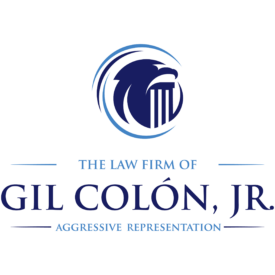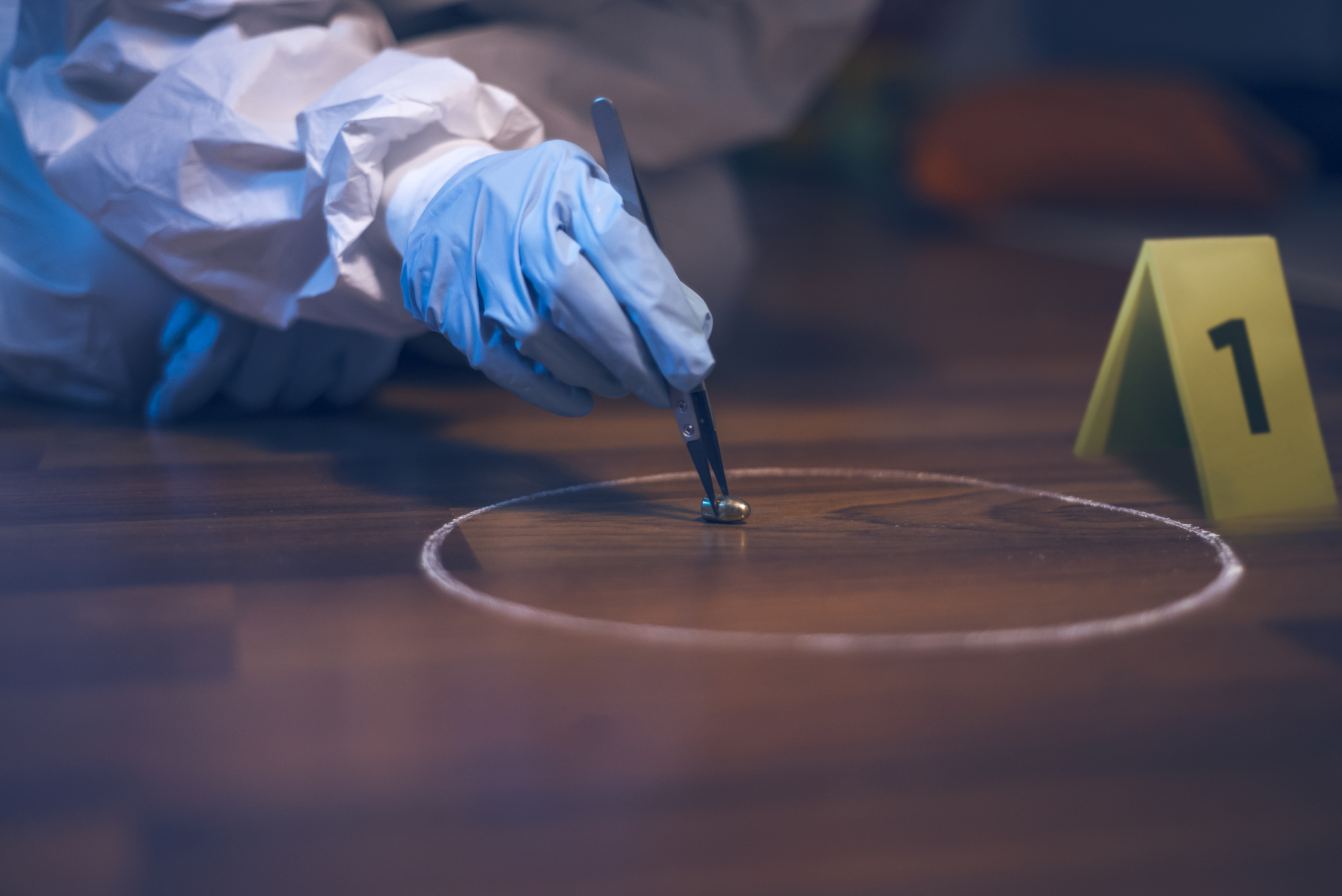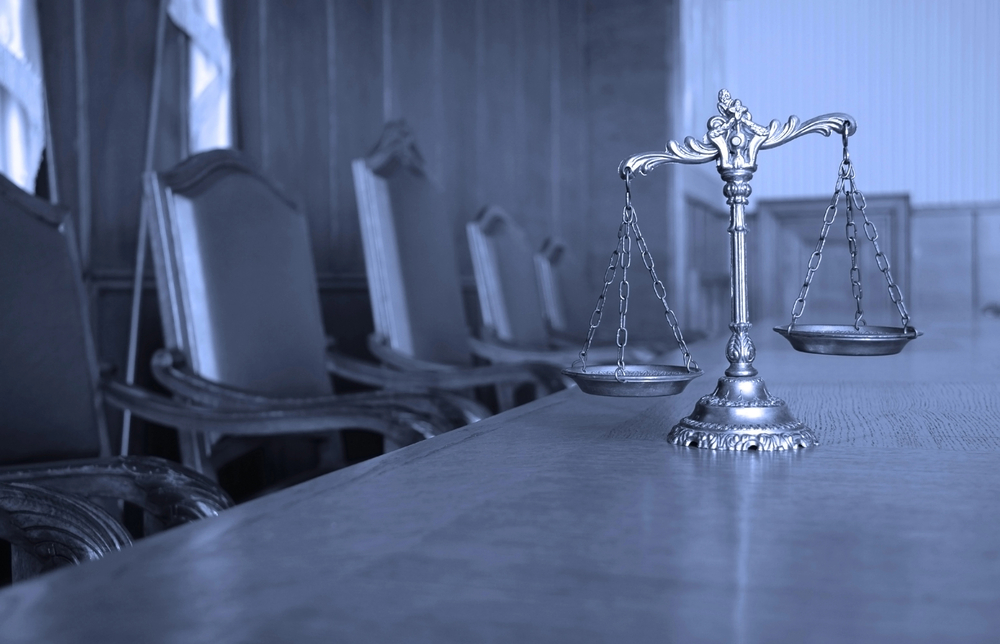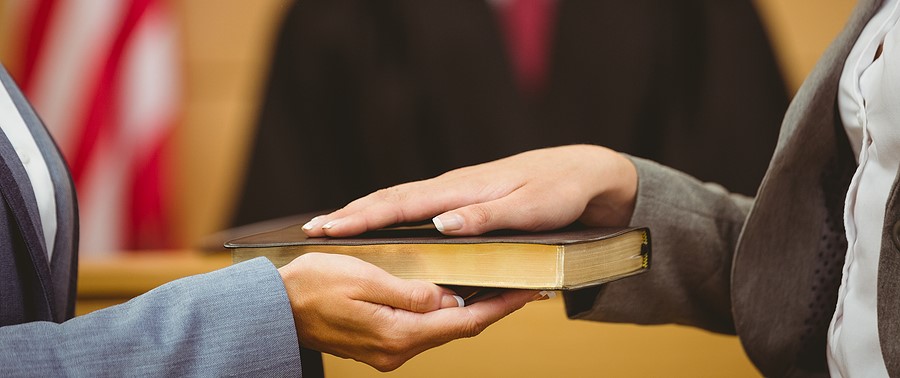The Importance of Forensic Evidence in Murder Cases
Forensic evidence is a critical component in the criminal justice system, particularly in cases involving serious offenses such as murder. In the state of Florida, where the stakes are high, utilizing forensic evidence effectively can make the difference between a successful defense and a devastating conviction.
As an individual facing murder charges, understanding the role of forensic evidence and how it can be leveraged to build a strong defense is of utmost importance.
Forensic science encompasses a wide range of disciplines, from DNA analysis and ballistics to fingerprinting and toxicology. These specialized fields of study provide invaluable information that can shed light on the events surrounding a crime, the actions of the individuals involved, and the overall circumstances of the case.
Types of Forensic Evidence Used in Murder Cases
In murder cases, a variety of forensic evidence may be collected and analyzed, including:
- DNA Evidence: DNA samples obtained from the crime scene, the victim, or the accused can provide crucial insights into the involvement of individuals and the sequence of events.
- Ballistic Evidence: Examination of firearms, ammunition, and bullet trajectories can help determine the weapon used, the shooter’s position, and the circumstances surrounding the shooting.
- Fingerprint Analysis: Fingerprints found at the crime scene can be used to identify or exclude potential suspects, as well as to reconstruct the movements and actions of individuals involved.
- Toxicology Reports: Analysis of the victim’s and the accused’s bodily fluids can reveal the presence of drugs, alcohol, or other substances that may have played a role in the incident.
- Bloodstain Pattern Analysis: The distribution and characteristics of bloodstains can provide valuable information about the nature and sequence of the events that led to the victim’s death.
- Trace Evidence: Minute particles, such as fibers, hairs, or soil, can be used to establish connections between the crime scene, the victim, and the accused.
Understanding the various types of forensic evidence and how they can be applied to your case is crucial in developing a comprehensive defense strategy.
The Importance of Forensic Evidence in Proving Innocence
Forensic evidence can be a powerful tool in establishing your innocence in a murder case. By carefully analyzing and interpreting the available forensic data, your defense team can:
- Demonstrate that the physical evidence does not align with the prosecution’s narrative, casting doubt on their case.
- Identify alternative explanations or scenarios that are consistent with the forensic findings, providing a plausible alternative to the charges.
- Highlight inconsistencies or weaknesses in the prosecution’s forensic analysis, undermining the reliability and validity of their conclusions.
- Establish that the forensic evidence points to the involvement of another individual or the possibility of an accidental or self-defense scenario.
Effectively leveraging forensic evidence can be the key to building a strong defense and convincing the court of your innocence.
Common Challenges in Using Forensic Evidence in Murder Cases
While forensic evidence can be a powerful tool in criminal defense, there are several challenges that must be addressed when utilizing it in murder cases:
- Complexity of Forensic Analysis: Forensic science is a highly technical and specialized field, and the interpretation of the evidence can be complex and subject to debate. Skilled defense attorneys must work closely with forensic experts to ensure that the evidence is properly understood and presented in a clear and compelling manner.
- Chain of Custody Issues: Maintaining a proper chain of custody for the forensic evidence is crucial to ensure its admissibility and reliability. Any lapses or irregularities in the handling, storage, or transportation of the evidence can be used by the prosecution to challenge its validity.
- Limitations of Forensic Techniques: While forensic science has made significant advancements, some techniques may have inherent limitations or uncertainties that can be exploited by the prosecution. Addressing these limitations and highlighting the strengths of the evidence is essential for the defense.
- Conflicting Expert Testimony: In many cases, the prosecution and the defense may present conflicting interpretations of the forensic evidence, with each side relying on their own expert witnesses. Navigating these disagreements and establishing the credibility of the defense’s experts is a critical challenge.
- Admissibility Challenges: The admissibility of forensic evidence is subject to strict legal standards, and the defense must ensure that the evidence meets the necessary criteria for inclusion in the trial proceedings.
Overcoming these challenges requires a comprehensive understanding of forensic science, as well as a strategic and meticulous approach to the presentation and interpretation of the evidence.
The Role of Forensic Experts in Building a Strong Defense
Forensic experts play a crucial role in building a strong defense against murder charges in Florida. These specialists, who possess deep knowledge and expertise in their respective fields, can provide invaluable assistance in the following ways:
- Thorough Analysis of Forensic Evidence: Forensic experts can conduct a comprehensive examination of the available forensic evidence, identifying any inconsistencies, weaknesses, or alternative explanations that may support your defense.
- Expert Testimony: Forensic experts can provide expert testimony in court, explaining the significance and implications of the evidence in a clear and compelling manner. Their testimony can be instrumental in challenging the prosecution’s narrative and establishing reasonable doubt.
- Consultation and Guidance: Forensic experts can work closely with your defense team, providing guidance on the strategic use of forensic evidence, identifying potential areas of focus, and helping to develop a cohesive and effective defense strategy.
- Identification of Alternate Scenarios: By analyzing the forensic evidence, forensic experts may be able to identify alternative scenarios or hypotheses that are consistent with the evidence and support your defense.
- Challenging Prosecution’s Forensic Analysis: Forensic experts can scrutinize the prosecution’s forensic analysis, highlighting any flaws, inconsistencies, or questionable methodologies that could undermine the reliability of their conclusions.
Collaborating with experienced forensic experts is a crucial step in building a strong defense against murder charges in Florida. Their expertise and testimony can be the difference between a successful defense and a devastating conviction.
Schedule a Free Case Evaluation
Overall, by mastering the art of presenting forensic evidence in court, you can leverage this powerful tool to build a strong and effective defense against murder charges in Florida.
If you or a loved one are facing murder charges in Florida, it is crucial to have an experienced criminal defense attorney who can effectively utilize forensic evidence to build a strong defense. Contact us today for a free case evaluation and let us help you navigate the legal complexities and secure the best possible outcome.






